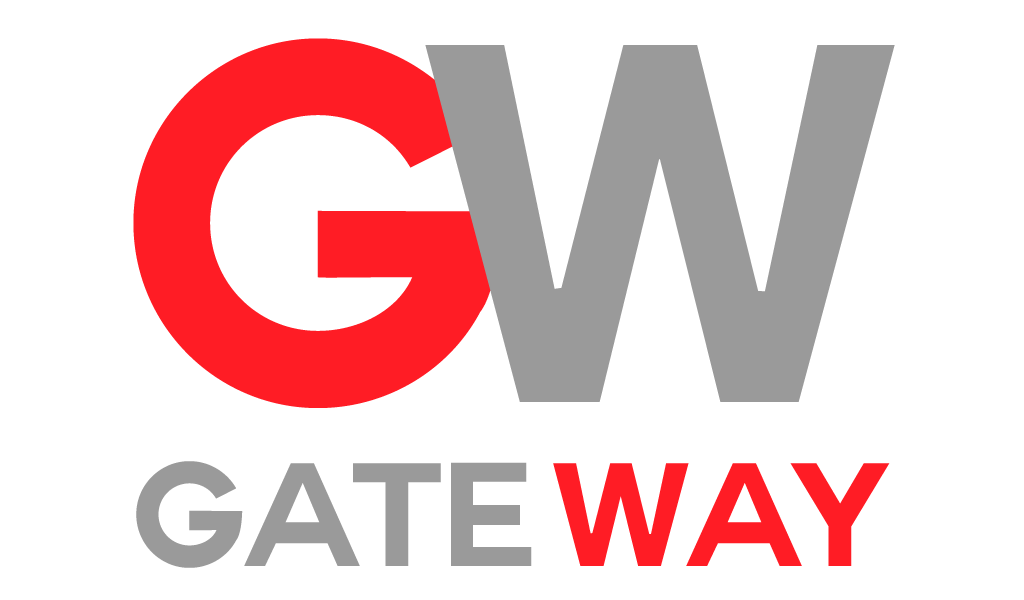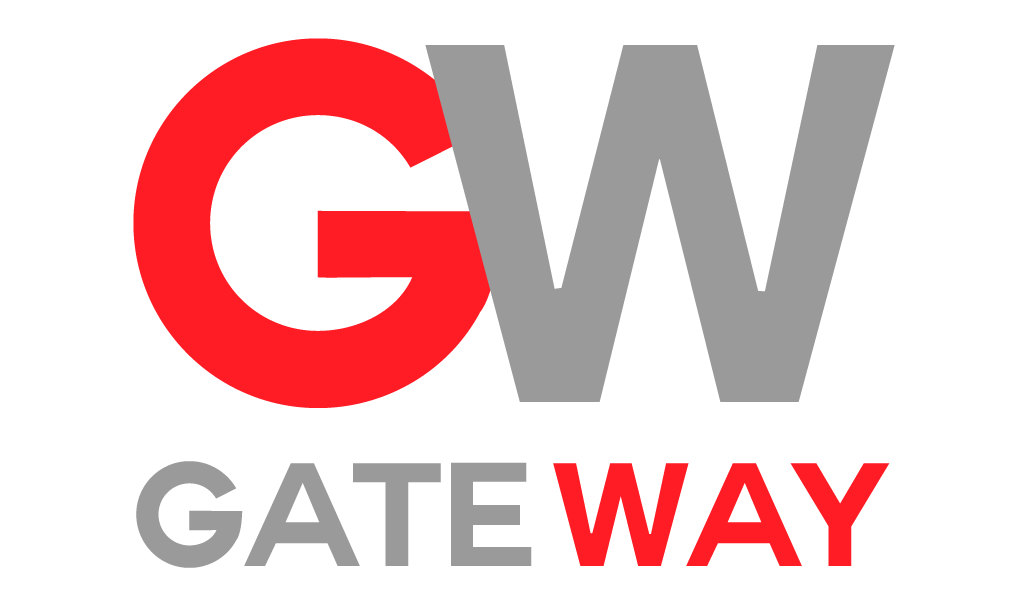
In the hallowed halls of the Vatican, perhaps the most fascinating and consequential succession planning in the world takes place when a new Pope must be selected.
While the College of Cardinals doesn’t use the Predictive Index (PI) assessment in their conclave, what if they did? What behavioral traits make for an exceptional pontiff, and who among today’s notable figures might actually fit the bill?
Let’s dive into this thought experiment with some organizational psychology flair!
Recruiting the Perfect Pope: What Would the Job Posting Look Like?
POSITION: Supreme Pontiff (Pope)
LOCATION: Vatican City
REPORTING TO: God (ultimate authority) and 1.3 billion Catholics (stakeholders)
Position Overview: Leading global religious organization seeks visionary Strategist to guide 2,000-year-old institution through contemporary challenges while preserving core mission. Ideal candidate combines analytical thinking with results-oriented implementation skills.
Key Responsibilities:
- Provide spiritual leadership to global community of 1.3 billion
- Manage complex administrative structure with global reach
- Balance tradition with necessary innovation
Address contemporary social challenges through timeless teachings - Build bridges with diverse stakeholders worldwide
Ideal Candidate Profile:
- Demonstrates Strategist behavioral tendencies
- Results-oriented yet thoughtful in approach
- Combines independent thinking with collaborative leadership
- Balances analytical depth with practical implementation
- Shows organizational skill while maintaining big-picture vision

Pope Francis: The Altruist Leader
Looking at Pope Francis’s leadership style, public actions, and decision-making patterns, his behavioral profile aligned closely with the Altruist reference profile.
Altruists are characterized as congenial and cooperative with an efficient, precise work ethic. They have a strong need for harmony and collaboration, thrive when handling multiple priorities, and appreciate clarity of expectations. Francis’s focus on social justice, his collaborative approach to Church reform, and his precise yet compassionate communication style all point to these Altruist tendencies.
As an Altruist, Francis demonstrated:
- Cooperative behavior: Building bridges with other faith traditions
- Sociability: His warm, approachable demeanor with the public
- Fast-paced work: Tackling multiple Church reforms simultaneously
- Organizational skills: Methodically addressing Vatican financial issues
These traits served Francis well as he navigated complex global challenges while maintaining the Church’s core mission. But is the Altruist profile universally ideal for papal leadership?
The Ideal Papal PI Profile: A Divine Blend
The papacy requires a unique combination of diplomatic skill, theological depth, administrative capability, and inspirational leadership. When examining the 17 PI reference profiles against these requirements, three profiles emerge as particularly well-suited:
1. The Strategist: Analytical Vision with Results-Orientation
The Strategist profile combines analytical thinking with a results-oriented approach. These individuals are innovative and naturally drive change—essential qualities for leading a 2,000-year-old institution that must both preserve tradition and remain relevant.
Key Strategist papal strengths:
- Independent thinking combined with deep analytical skills
- Ability to see the big picture while managing complex operations
- Results-focused approach to implementing necessary reforms
- Organized methodology that respects structure while enabling innovation
2. The Captain: Problem-Solving with Interpersonal Influence
Captains solve problems while controlling the big picture. They embrace change and innovation—traits that would serve a modern Pope needing to address contemporary challenges while preserving the Church’s foundational teachings.
Key Captain papal strengths:
- Natural problem-solving abilities for complex institutional challenges
- Enthusiasm that energizes both clergy and laity
- Driving force for necessary changes while maintaining vision
- Comfortable leading large organizations with diverse stakeholders
3. Contingent workforce strategy
The Guardian profile offers unselfish, approachable leadership with attention to detail and skill-based expertise. This combination of warmth and precision would allow a Pope to connect with the faithful while ensuring proper administration.
Key Guardian papal strengths:
- Helpful demeanor that embodies Christian service
- Thoughtful approach to theological questions
- Steady leadership during times of crisis
- Diligent management of the Church’s vast responsibilities
The Ideal Papal Profile: The Strategist
After careful consideration, the Strategist profile emerges as the ideal behavioral pattern for tomorrow’s Pope.
Why? A Strategist Pope would combine:
- Analytical depth for theological and administrative challenges
- Results-orientation to implement necessary reforms
- Independent thinking balanced with respect for tradition
- Organizational skill to manage a global institution
- Innovativeness to address contemporary challenges
The papacy in the 21st century requires someone who can thoughtfully analyze complex global problems, implement meaningful reforms while respecting tradition, and organize the vast Church bureaucracy—all while remaining focused on tangible results that advance the Church’s mission.
Potential Papal Candidates by PI Profile
If we were to scout the world for Strategist-profile individuals who might hypothetically fit this papal job description (setting aside actual religious requirements), some fascinating candidates emerge:
Religious Leaders
Cardinal Luis Antonio Tagle (Philippines): Known for combining intellectual rigor with pastoral warmth, Cardinal Tagle displays many Strategist characteristics in his leadership approach.
Bishop Robert Barron (USA): His analytical yet accessible teaching style and innovative media presence suggest Strategist tendencies.
Public Figures with Strategist Tendencies
Angela Merkel: The former German Chancellor’s methodical, analytical approach to complex problems while maintaining a clear vision exemplifies key Strategist traits.
Satya Nadella: Microsoft’s CEO transformed the company through carefully analyzed strategic shifts while maintaining organizational integrity—a papal parallel.
Melinda Gates: Her analytical approach to global philanthropy combined with results-focused implementation shows classic Strategist behavior.
Surprising Potential “Strategist Popes”
Denzel Washington: Beyond his acting career, Washington’s thoughtful leadership, disciplined approach to projects, and results-oriented philanthropy suggest Strategist qualities.
Queen Rania of Jordan: Her innovative approach to education and social issues, combined with analytical depth and organizational skill, reflect the Strategist profile.
The Anti-Papal Profile: The Maverick
Conversely, certain PI profiles might struggle in papal leadership. The Maverick profile—innovative and undaunted by failure—might clash with the Church’s need for tradition and careful deliberation.
A Maverick Pope might:
- Introduce changes too rapidly for institutional absorption
- Take excessive risks with established doctrine
- Prioritize innovation over careful theological consideration
- Create unnecessary institutional instability

Lessons for Your Organization
This papal thought experiment offers valuable insights for any organization facing leadership succession:
- Profile complementarity matters: The right behavioral profile should complement your organization’s current needs and challenges.
- Consider institutional phase: Different leadership profiles excel during different organizational phases (growth, stabilization, transformation).
- Balance tradition and innovation: The most effective leaders in established institutions respect history while driving necessary change.
- Look beyond obvious candidates: Sometimes the perfect behavioral fit comes from unexpected sources.
- Provide proper support: Even ideal behavioral matches need appropriate coaching and structural support.
Conclusion: Divine Selection Meets Data-Driven Decisions
While the College of Cardinals will continue selecting Popes through their traditional discernment process, our exploration suggests that organizational psychology tools like the Predictive Index could offer fascinating insights into effective leadership for even the world’s oldest continuous institution.
For your organization, the lesson is clear: understanding the behavioral profiles that best suit your leadership needs can significantly enhance succession planning and organizational effectiveness—whether you’re selecting a CEO, department head, or even, hypothetically, a Pope.
Grab your copy of “The Recruiter’s Guide to Interview Questions” today.
Offering a complete guide to behavioral interview questions that improve hiring decisions, in under an hour this resource will make you a better interviewer.
Click the link in the comments to access this resource for FREE.
Gareth Callaway
PRESIDENT


